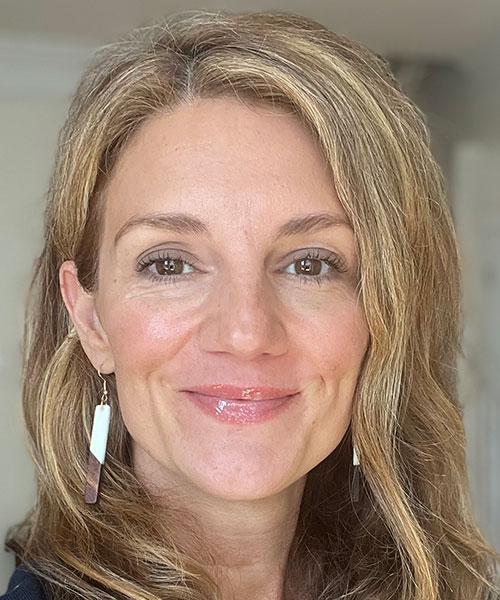Grief is a universal experience, but no two people move through it in the same way. It can stem from the death of a loved one, the end of a relationship, or another major life change and it often reshapes daily life in ways that are exhausting, disorienting, and deeply painful. At EHN Health USA, we recognize grief not as something to process and integrate with compassionate, structured support.
Grief in Daily Life
Grief can manifest as irritability, fatigue, memory lapses, physical pain, disrupted sleep, or loss of appetite. For some, emotions come in waves where they feel fine one moment and overwhelmed the next. For others, grief shows up as a heavy numbness they can’t move through.
When grief lingers without relief or begins to interfere with work, relationships, or health, it may evolve into complicated grief or overlap with depression, anxiety, or substance use. Its important to know the difference between natural grief and when to seek additional support because left unaddressed, unresolved grief can heighten the risk of:
- Depression and anxiety disorders
- Substance misuse as a coping strategy
- Chronic sleep problems and fatigue
- Social withdrawal and isolation
Additional support for complicated grief can provide evidence-based therapy that introduces coping strategies, new perspectives, and space for both remembering and rebuilding. Approaches like Cognitive Behavioral Therapy (CBT), Dialectical Behavioral Therapy (DBT), and trauma-informed care are especially effective in helping people manage the waves of grief and gradually regain stability.
How EHN Health USA Helps
Our virtual outpatient and intensive outpatient programs (IOP) give clients flexible access to expert-led grief support:
- Individual therapy to process emotions and reduce distress
- Small group sessions for connection with others navigating loss
- Medical and psychiatric support to address physical factors that complicate grief, such as sleep disturbances or hormone changes
- Continuing support groups to maintain progress over time
All services are delivered through a secure telehealth platform, so clients can engage with care from the comfort of their home. For parents, caregivers, or professionals with limited time, this accessibility ensures treatment can become part of life instead of an added stress.









